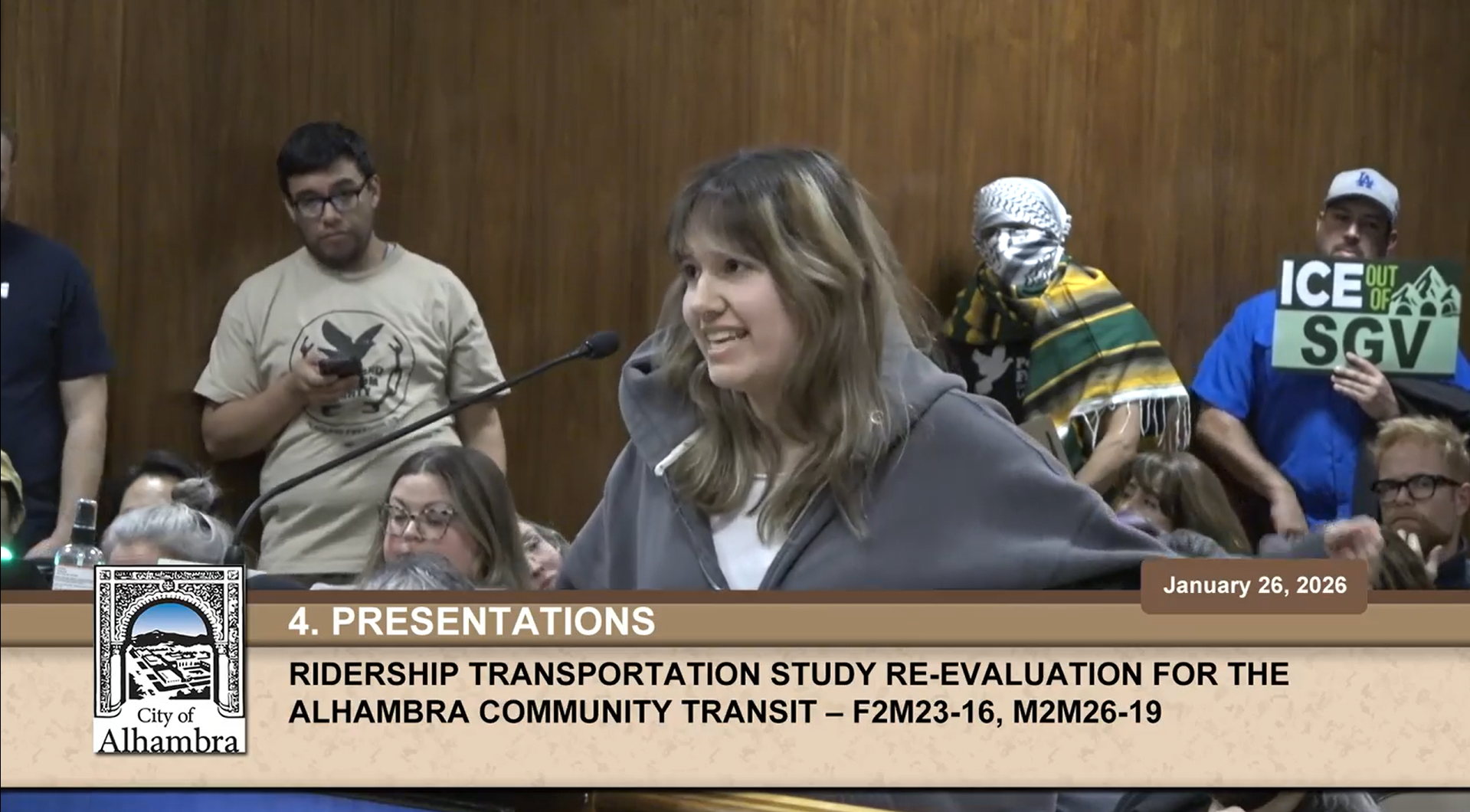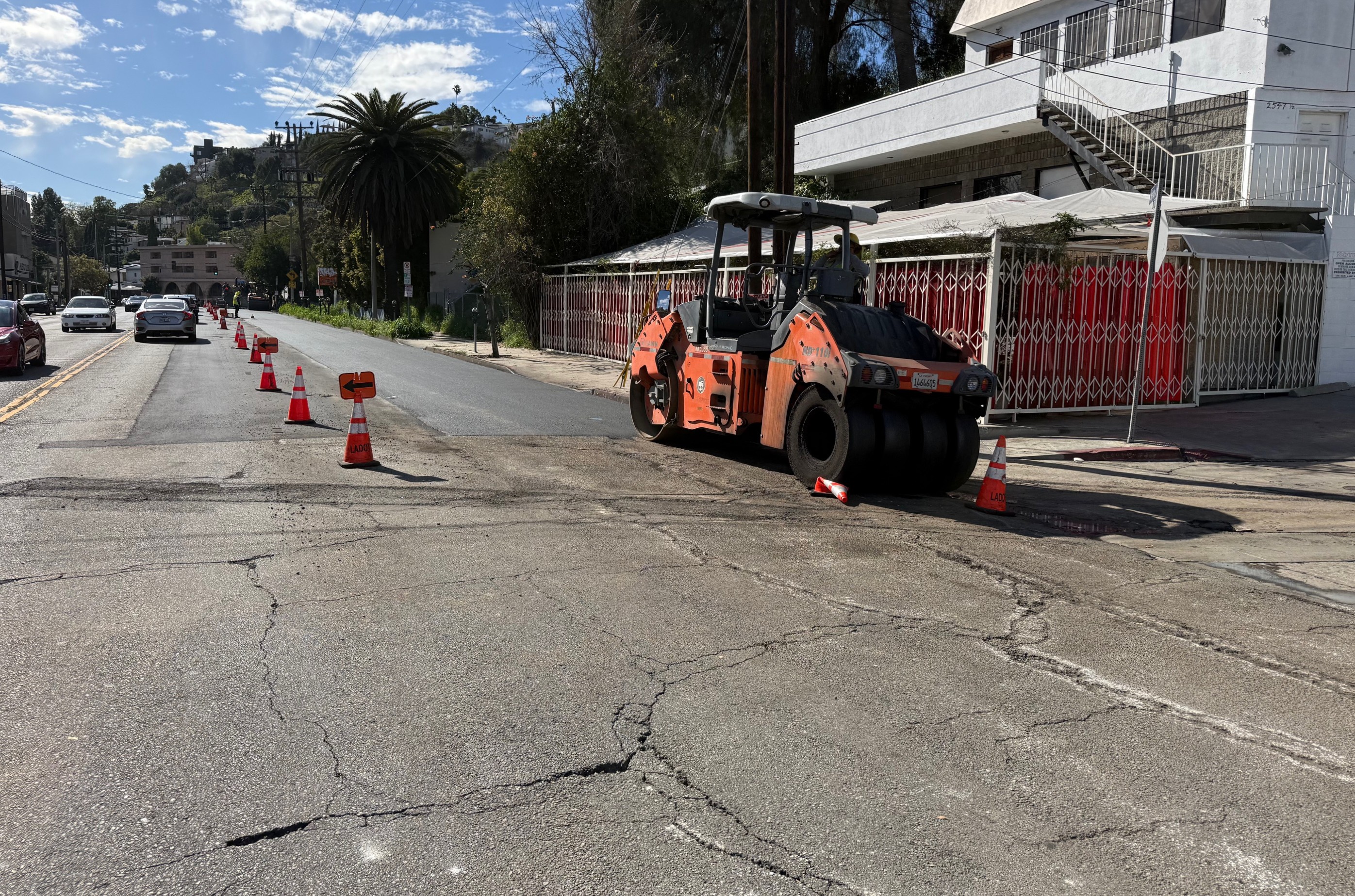
Tomorrow, the House Transportation Committee will consider a bill that changes the nation’s policies on passenger rail. The proposal, while it includes some cuts, is a departure from the senseless vendetta many House Republicans have waged against Amtrak in the past. The National Association of Railroad Passengers, NARP, says the plan contains "commonsense regulatory and governance reforms."
In an encouraging act of bipartisanship, the bill was crafted and introduced jointly by Committee Chair Bill Shuster (R-PA), Ranking Member Nick Rahall (D-WV), and the chair and ranking member of the rail subcommittee, Jeff Denham (R-CA) and Corrine Brown (D-FL). You can read the bill summary here [PDF] and the full text here [PDF].
The Republicans' talking point that the House bill cuts Amtrak funding by 40 percent is being widely reported, but the reality isn't so draconian. The bill does reduce the amount authorized for Amtrak, but Congress wasn't appropriating nearly that much in recent years anyway. Congress was authorized to spend $1.96 billion on Amtrak in 2013, for instance, but the House only appropriated $1.41 billion. The authorized amount in the PRRIA bill is actually a slight increase over what Amtrak got in 2013.
The bill stops short of pushing for full privatization of the Northeast Corridor, the main part of the network that turns a profit, which Shuster and Amtrak Hater-in-Chief John Mica had pushed for previously. It does further separate the Northeast Corridor from the rest of the system, requiring Amtrak to reinvest NEC profits back into the NEC. House Republicans say the idea is to “eliminate Amtrak’s black-box accounting,” in which Amtrak (quite transparently, I may add) subsidizes money-losing long-distance service with the profits from the NEC.
Meanwhile, the bill continues the very long-distance services that come under constant fire from the GOP for inefficiency. After all, key GOP constituencies live in rural areas whose only long-distance transportation option may be Amtrak. Brookings has recommended dispensing with these routes, but Congress has found the politics of that too burdensome.
The bill does require Amtrak to bring in an independent entity to evaluate the worst performing routes with an eye toward finding ways to "improve its services and reduce costs."
"We want to have transparency,'' Rep. Jeff Denham (R-CA) told reporters. "We want Amtrak to run more like a business." Shuster echoed this language, saying the bill compelled Amtrak “to operate like a true business should.”
The idea that Amtrak should run more like a business has been a common refrain for years. But the same Congress that berates Amtrak for losing money on unprofitable long-distance lines prohibits the company from cutting those lines. So representatives' insistence that the rail company run "like a business" sounds hollow.
On the plus side, the House bill has hit upon a good way to satisfy Republicans' thirst for getting the private sector more involved in passenger rail: It compels Amtrak to see whether developers are interested in building near its stations. This could bring station areas to life while generating new revenue streams for the railroad.
Although Amtrak ridership has broken records for 10 of the last 11 years, there are no ideas to stabilize or increase direct funding for rail over the long term in this bill, instead just "accept[ing] the investment gap as the status quo," as NARP's Sean Jeans Gail wrote in an email.
But it does propose reforms to the Railroad Rehabilitation and Improvement Financing (RRIF) program, whose $35 billion in lending power goes largely unused because of cumbersome and confusing requirements. NARP applauded these changes, which include the creation of a $14 billion loan fund within RRIF to invest exclusively in the Northeast Corridor.
High-speed rail doesn’t even get a mention in the bill.
On the pure customer experience side of things, this bill has one reform that will please Vox reporter Matt Yglesias and Streetsblog's own Steven Vance, who've noted Amtrak's frustrating practice of forcing passengers to queue up for trains like they're boarding an airplane, rather than allowing them wait on the platform and enter through any door, the way trains around the world and in most parts of the U.S. are boarded. The PRRIA bill takes this concern into account and demands an evaluation of boarding procedures at the 10 most popular stations.
The bill comes into play at a strange time in the legislative calendar. House members have only a few days left in Washington before returning to their districts to campaign for votes. They won’t be back until after the election -- that magical lame duck period when anything can happen. But the Senate isn’t even anywhere close to being ready to vote on this. Senators have told Politico reporters that they’re “always” working on an Amtrak bill but it isn’t finished yet, that a surface transportation bill has to come first, and that there’s only so much that can be done during the lame duck anyway.






